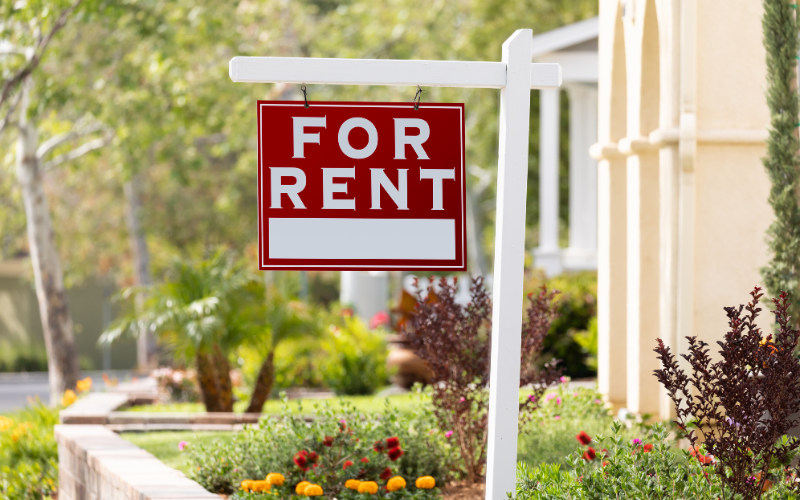When investing in real estate, an advantage can be that the property should appreciate over time. While selling might seem like the next logical step, capital gains taxes can take a substantial bite out of your profits.
Fortunately, there are several strategies to defer these taxes and keep more of your wealth working for you. Understanding tax deferral on rental property sales can help you maximize your investment returns and grow your portfolio efficiently.
The Impact of Capital Gains Taxes
If you sell a rental property for more than its purchase price, the profit is subject to capital gains tax. This tax can range from 15% to 20% for long-term gains, depending on your income level, plus any applicable state taxes. Additionally, you may face depreciation recapture tax on the deductions you’ve claimed over the years, further increasing your tax liability. Without proper planning, these taxes can significantly reduce your net profit from a sale.
1031 Exchange: A Powerful Tool for Tax Deferral
One of the most effective strategies for deferring capital gains taxes is a 1031 exchange, also known as a like-kind exchange. This provision of the IRS tax code allows you to sell a rental property and reinvest the proceeds into a new, similar property without immediately paying capital gains taxes.
Here’s how it works:
- Identify a replacement property: Within 45 days of selling your rental property, you must identify one or more potential replacement properties.
- Complete the exchange: You have 180 days from the sale to close on the new property.
- Reinvestment requirement: To fully defer taxes, you must reinvest all proceeds and ensure the new property is of equal or greater value.
A 1031 exchange allows you to continue building your real estate portfolio without losing capital to taxes, enabling your investments to grow more quickly over time.
Installment Sales: Spread Your Tax Liability
If a 1031 exchange isn’t feasible, another option is an installment sale. In this approach, you sell your property and receive payments over time rather than a lump sum. This spreads your capital gains tax liability over several years, potentially keeping you in a lower tax bracket and reducing your overall tax burden. Installment sales can also provide a steady income stream, making them an attractive option for investors nearing retirement.
Opportunity Zone Investments
Investing in Opportunity Zones is another strategy to defer and potentially reduce capital gains taxes. These are designated economically distressed areas where investments receive preferential tax treatment. By reinvesting your gains in a Qualified Opportunity Fund (QOF), you can defer the taxes until the fund is sold or December 31, 2026, whichever comes first. Additionally, if you hold the investment for at least 10 years, any appreciation on the QOF investment is tax-free.
Depreciation Recapture Deferral
Depreciation recapture can be costly in selling rental property, but strategies like cost segregation and a 1031 exchange can help mitigate or defer this tax. Cost segregation involves identifying and reclassifying personal property assets to shorten the depreciation schedule, which can provide tax savings when combined with deferral strategies.
Plan Ahead to Maximize Benefits
Deferring taxes on rental property sales requires careful planning and execution. Leveraging strategies like 1031 exchanges, installment sales, and Opportunity Zone investments can reduce your immediate tax liability and keep your capital working for you. If you haven’t heard of making the most of these opportunities from your tax professional or real estate advisor in your regular planning meetings, looking for someone who can show you the options may be worth your time.
